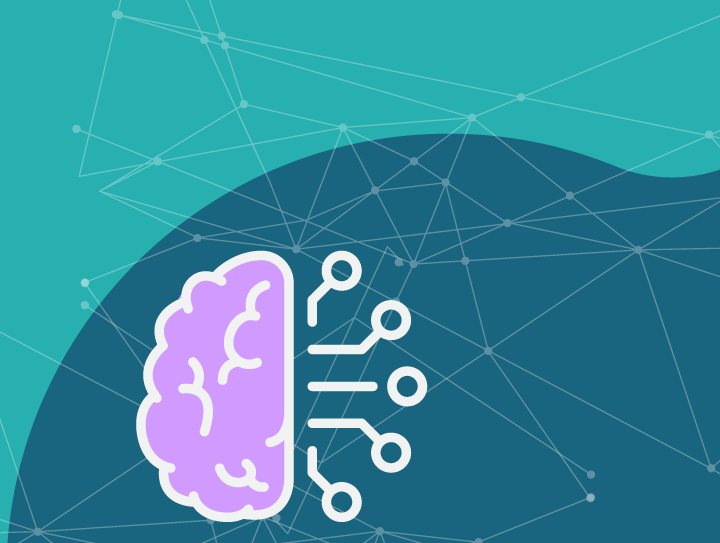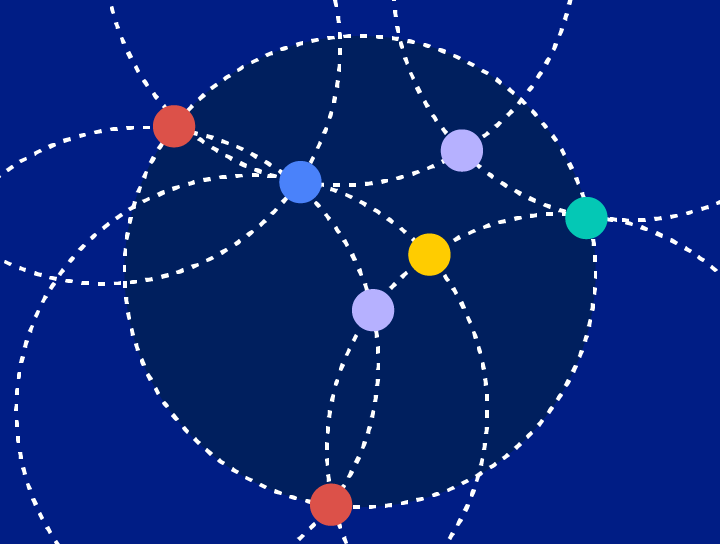732 výsledky nenalezeny
Skip results of view Zprávy
Get ready for our upcoming Academy webinar, organised in the context of the EU Open Data Day, taking place on Friday, 13 March 2026, from 10:00 to 11:30 CET, titled ‘’Open data as a public good: evidence-based development across territories’’ , the webinar will explore how open data can support better, evidence-based decision-making. Register now to learn from concrete examples and expert insights! The webinar will focus on how public authorities can use open data to better understand territorial accessibility, service provision, and socio-economic challenges, particularly in rural areas

The European Commission is taking major steps to boost Europe’s AI talent , strengthen workforce skills, and improve AI literacy among citizens and organisations. As part of its broader approach to trustworthy and human-centric AI, the EU is working to train and attract more researchers and professionals while ensuring that people using AI systems have the knowledge needed to do so safely and responsibly. A key milestone in this effort is Article 4 of the AI Act, which entered into application in February of 2025. This article requires providers and deployers of AI systems to ensure that their

The European Union is taking important steps to support organisations in preparing for the implementation of the Artificial Intelligence Act (AI Act) through the AI Pact . Launched by the European Commission , the AI Pact encourages organisations to plan ahead and take early action during the transitional period following the AI Act’s entry into force on 1 August 2024. While some provisions already apply, others, particularly those related to high-risk AI systems, will become applicable at a later stage. The AI Pact provides a practical framework to help organisations navigate this transition

In today’s rapid digital environment, understanding how technology affects people’s wellbeing is more important than ever. The Joint Research Centre (JRC) has launched the Science for Digital Wellbeing initiative to explore how digital tools shape health, behaviour, and everyday life, and to provide evidence-based insights for EU digital policies. This work looks beyond the prevention of harm and highlights the positive outcomes digital technology can create. The initiative addresses a range of societal challenges which are made evident through digital transformation. These include problematic

Semantic interoperability is essential for enabling public administrations to exchange information effectively, improve digital public services, and support cross-border cooperation. The SEMIC support centre , part of the wider Interoperable Europe initiative, provides a central hub where organisations can learn, collaborate, and adopt shared standards for data modelling and exchange. Designed to help administrations advance on their interoperability journey, it builds in the principles of the Interoperable Europe Act and brings experts together to co-create practical solutions. The support

The World Day of Social Justice is a United Nations observance dedicated to highlighting the need for fairness, dignity and equal opportunities for all. Established by the UN General Assembly in 2007 and first observed in 2009, the day is celebrated every year on 20 February and draws attention to various global challenges, such as poverty, unemployment, exclusion, and unequal access to resources. This year’s focuses on reducing socioeconomic gaps through inclusive decision-making, stronger social protection systems, and coordinated efforts to create fair working conditions. The United Nations
On Friday, 27 February, from 10:00 to 11:30 CET, we will host our next Academy webinar ‘’Open data maturity in Europe 2025: progress, best practices, and key insights’’ . Make sure you do not miss the session by registering and learning about best practices from countries leading the way in open data across Europe. The webinar builds on the Open Data Maturity report 2025, published on 18 December 2025, which assesses how 36 European countries support the availability and reuse of public sector information. The report looks at four key areas: policy, portals, data quality, and impact. Together

The collaboration channel on the European Data Portal is the place where Europe’s open data community comes together. It offers a shared space for discussion, learning and connection around topics that shape the European data landscape. The channel allows users to follow conversations, join thematic groups and take part in exchanges that go beyond datasets alone . By creating a central hub for collaboration, the portal helps turn individual expertise into shared knowledge. For data reusers, the collaboration channel opens the door to inspiration and peer learning. Data reusers include non

Every year, Valentine’s Day inspires millions of people to exchange gifts, plan special outings, and celebrate their relationships. Behind the chocolates, flowers, and heartfelt messages lies a surprising amount of information that can help us understand how people express affection. Open data offers an accessible way to explore these patterns, revealing how traditions evolve and how seasonal trends shape behaviour across Europe. A wide range of publicly available datasets, such as the retail figures or transport flows, can highlight the scale and impact of Valentine’s Day. For example, open

The Olympic Winter Games Milano Cortina 2026 will take place from Friday, 6 February to Sunday, 22 February 2026, bringing the world’s attention to Northern Italy and the Alpine region. Hosted across several cities, including Milan and Cortina d’Ampezzo, the Games will feature athletes from around the globe competing in winter sports such as skiing, ice hockey, and speed skating. Beyond sport, the event represents a major European moment, combining culture, innovation, and international cooperation. More information about the Games is available on the official website. Organising an event of
